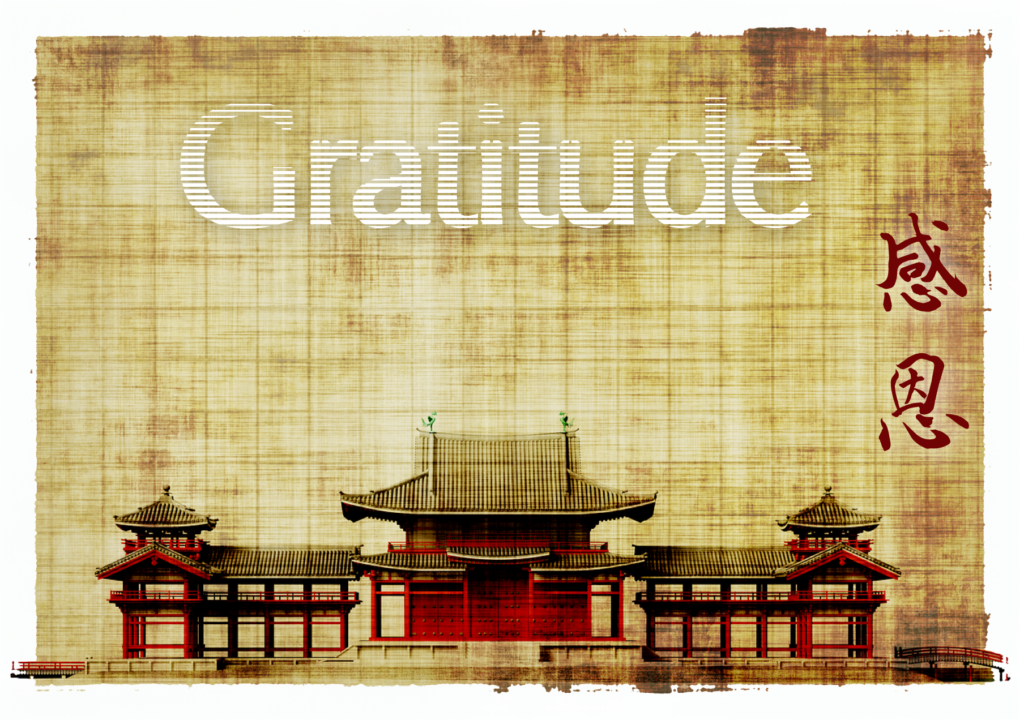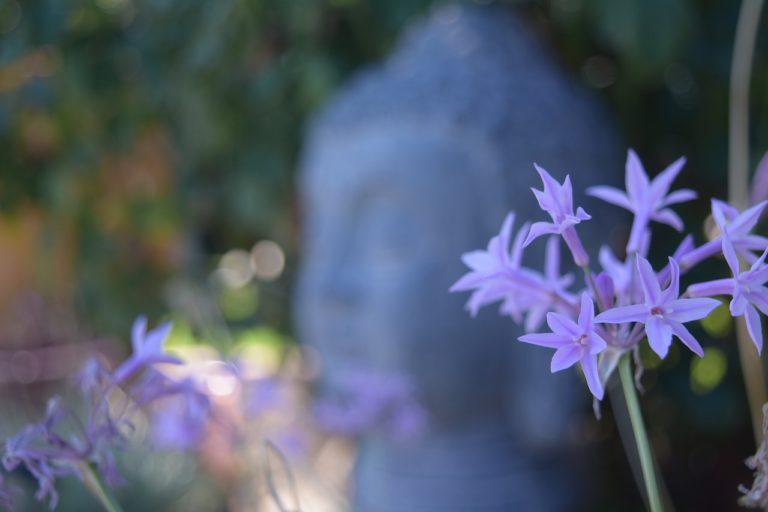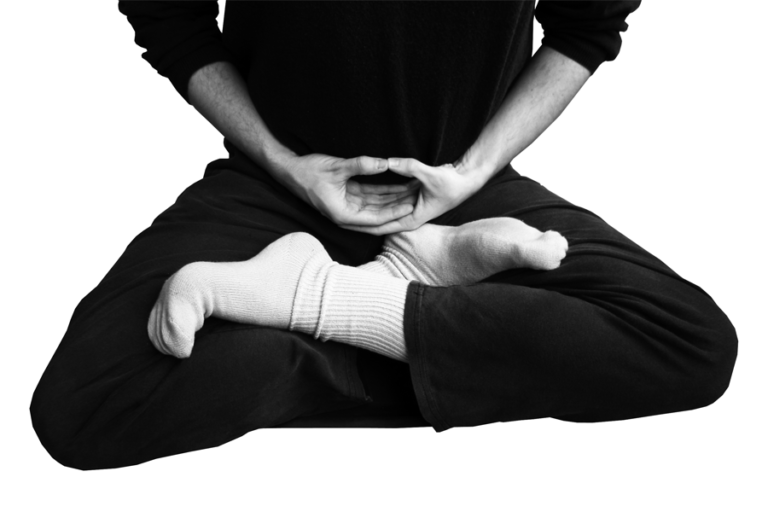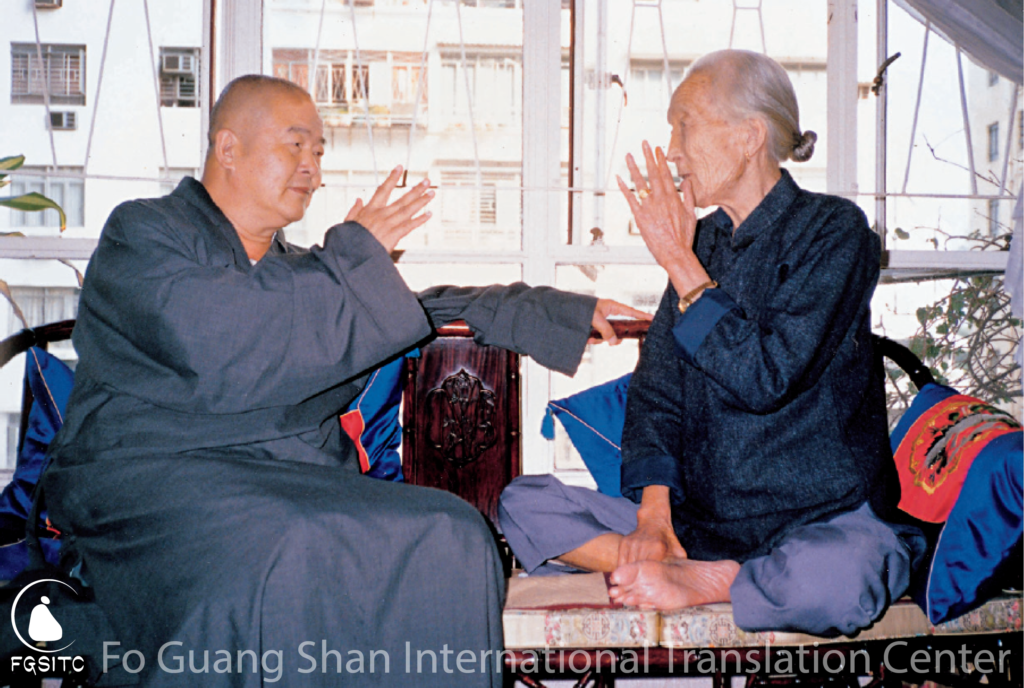
When someone benefits us even a little,
we should repay them with all our hearts.
Even if someone is angry with us,
we should always treat them well.
— Upasakasila Sutra
Gratitude Is Fundamental to Buddhism
A natural outgrowth of heartfelt gratitude is the desire to repay others for the kind things they have done for us. Having the feeling of being indebted to others is a sign that we are aware of our essential interconnectedness with them. Human beings are social beings; once we have become sensitive to the depth of our social natures, we will inevitably feel the need to repay others for the many things they have given us and the many opportunities they have provided us.
Our attempts at kindness should not be received as burdens by the people for whom they are intended nor should they cause us to feel arrogant.
When we act on a desire to repay a kindness, we are not settling an account or cleaning a slate, we are deeply acknowledging the importance of someone else to us. By acknowledging this importance, we create conditions that will lead to a deepening of our relationship with that person.
Whenever we deepen our relations with others, we must not do so out of a sense of greed or attachment and we must not expect anything in return. As our relationships with other sentient beings grow deeper and deeper, our awareness of the importance of gratitude can only increase. Eventually we will understand that there is no fundamental difference between gratitude, compassion and wisdom; all of them are the same; each of them is a facet of the mind of the Tathagata.
To Whom Should We Be Grateful?
We should be grateful that the sun shines, that the world turns, that our bodies are alive and that we are aware and can read Dharma literature. We should be grateful to those who have helped us learn the Dharma and to the Sangha that maintains the Dharma. Above all we should be grateful to the Buddha who spent so many years generously giving sentient beings the teachings we have today.
As Buddhists, we should feel fundamentally grateful for everything that happens to us.
How to Be Grateful
True gratitude is a product of both instinct and thought. When we are in tune with our basic feelings, we will find that gratitude flows naturally from us. When we think deeply, we will understand that everything we are is dependent on others. Once our eyes have been opened, how can we possibly feel anything less than the most profound gratitude for everything that is around us?
The Sutra on the Compassionate Upaya of the Buddha says that we fulfill ourselves and repay our debt of gratitude toward the world by always being compassionate and by doing our best to manifest the Four Immeasurable States of Mind of the Tathagata: boundless kindness, boundless compassion, boundless joy and boundless equanimity.
The sutra continues its discussion of gratitude by mentioning four other ways of being that can help us always remain grateful toward the world. It says:
- When we see an evil person, we should become thoughtful and consider that their evil is a burden most of all to themselves. With this understanding we should treat them with as much compassion as possible.
- When we see those who are suffering, we should not turn away from them. Instead we should provide them as much comfort as we are able.
- When we are with our parents, our teachers or others who are of good nature, we should feel joy and respect. We should seek to build on the compassion they have shown us by creating even more positive conditions in the world.
- When we come upon someone who is angry with us, we should not return the feeling. Instead we should look for every way we can think of to diminish it.
How to Repay Someone Who Is Discontented
Simply having a well-developed sense of gratitude does not mean that we will never be around people who are negative, angry, impatient or discontented. The bodhisattva lives in this world with all its many different kinds of people. As Buddhists we must learn to deal with each and every one of them.
Once we have a sense of gratitude, a willingness to be forgiving of others should quickly follow.
Gratitude and forgiveness are great aids to overcoming the ups and downs of human moods and human relationships. When we have learned these virtues, it will be possible for us to be tolerant and compassionate toward others in all circumstances.
When someone is negative, we should be positive. When someone is angry, we should try to be kind. When someone is impatient, we should be patient. And when someone is discontented, we should help him feel contented. Don’t let yourself get hooked on other people’s negative emotions. If their emotions are negative in general, try to be positive. If their negative emotions are specifically directed at you, try to always answer them with forgiveness, kindness and compassion. The moment we allow ourselves to become engaged in any kind of negativity, our worlds immediately become darker.
The Avadanas say, “Do not repay anger with anger. One day there must be a stop.” The Vimalakirti Nirdesa Sutra says that we should not allow ourselves to dwell on the transgressions of our friends.
From Being Good, written by Venerable Master Hsing Yun.
Image from Pixabay.












